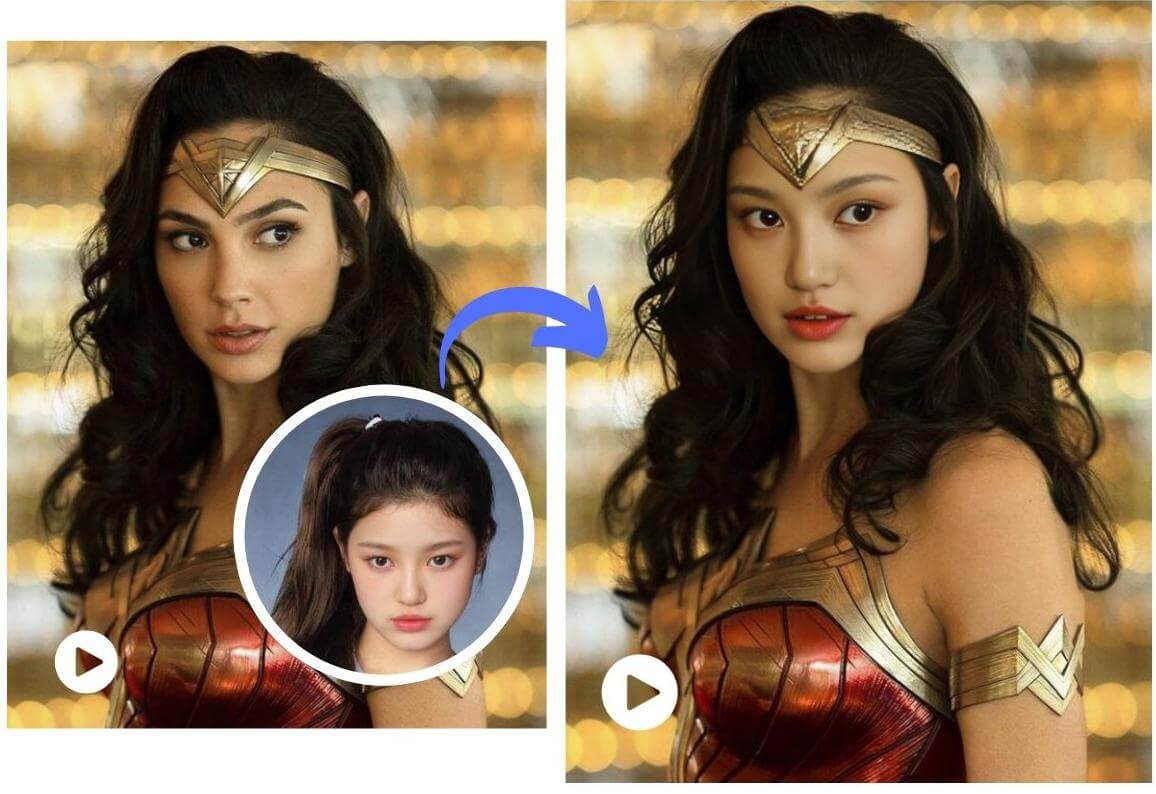As technology advances, the landscape of multimedia content is rapidly evolving. One of the most debated innovations in recent times is the use of deepfake technology in professional video production. While deepfakes offer tremendous potential for creative expression and business applications, they also pose significant ethical challenges. This article delves into these ethical considerations, presenting guidelines and standards for responsible use.
Understanding Deepfake Technology
Deepfake technology utilizes artificial intelligence (AI) to create highly realistic videos by superimposing existing images and videos onto source footage. This technique can produce convincing imitations of real individuals, making it useful in various fields such as filmmaking, marketing, and educational content creation.
However, the power to create such realistic content comes with the responsibility to use it ethically. As professionals in the field, it’s crucial to understand the potential consequences and adopt best practices to mitigate risks.
Consent and Transparency
One of the foremost ethical considerations in deepfake video production is obtaining explicit consent from individuals whose likenesses are used. Without consent, the creation and distribution of deepfake content can lead to serious legal and moral implications, including violating privacy rights and causing reputational harm.
Transparency is equally important. Producers should disclose when and how deepfake technology is used. This helps maintain trust with audiences and stakeholders, ensuring that the use of AI-generated content is clear and documented. Proper labeling of deepfake content can prevent misunderstandings and potential misuse.
Mitigating Misinformation
Deepfakes have the potential to spread misinformation, thereby undermining public trust in media. It is essential for professionals to use this technology responsibly, avoiding the creation of content that could intentionally deceive or manipulate viewers.
To combat misinformation, professionals can establish and adhere to guidelines that emphasize accuracy and integrity in content creation. Fact-checking and verifying sources before producing deepfake videos can reduce the risk of spreading false information. Additionally, collaborating with fact-checking organizations can further enhance content credibility.
Ethical Use Cases
Deepfake technology can have ethical applications when used responsibly. In filmmaking, it can resurrect historical figures or create special effects that would be impossible otherwise. In marketing, it can personalize advertisements in ways that resonate more deeply with target audiences. Educational content can be enhanced by bringing abstract concepts to life through realistic simulations.
When employing deepfakes, it is essential to focus on positive applications that enrich user experiences without compromising ethical standards. Striking a balance between innovation and responsibility ensures that the technology serves the greater good.
Developing Industry Standards
The establishment of industry-wide standards and guidelines can help professionals navigate the ethical complexities of deepfake technology. Organizations can create codes of conduct that outline acceptable uses, consent procedures, and transparency requirements.
Training and certification programs can further ensure that professionals are well-equipped to handle the ethical challenges associated with deepfake production. By promoting ongoing education and awareness, the industry can foster a culture of accountability and integrity.
Conclusion
Deepfake technology presents both opportunities and ethical challenges in professional video production. By prioritizing consent, transparency, and the responsible use of this technology, professionals can harness its potential while safeguarding ethical standards. Developing and adhering to industry guidelines will help mitigate risks and ensure that deepfake technology is used in ways that are both innovative and ethically sound.
As the landscape of multimedia content continues to evolve, it is incumbent upon professionals to lead with integrity, using deepfake technology to enhance rather than undermine public trust. By doing so, we can pave the way for a future where innovation and ethics coexist harmoniously.
Ethical Considerations in Professional Deepfake Video Production: Guidelines and Standards

Categories:


